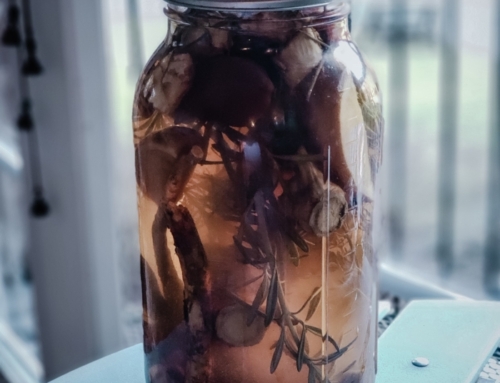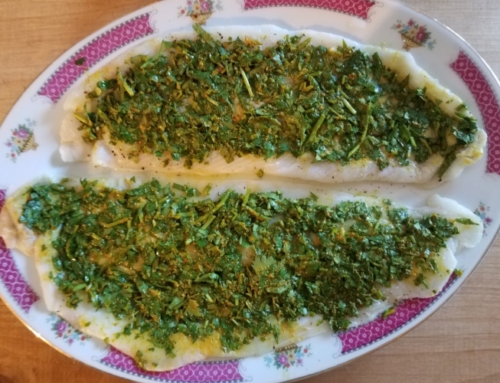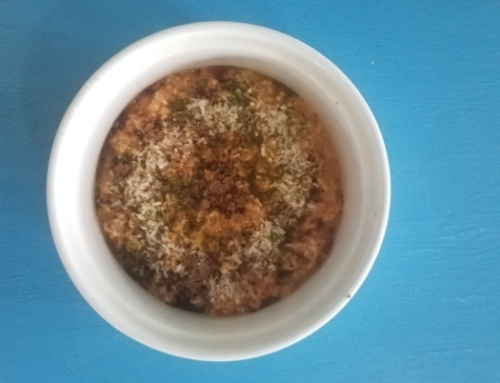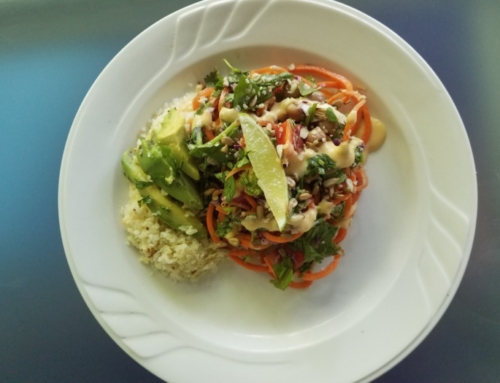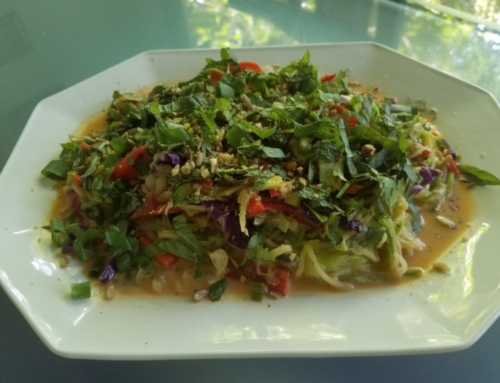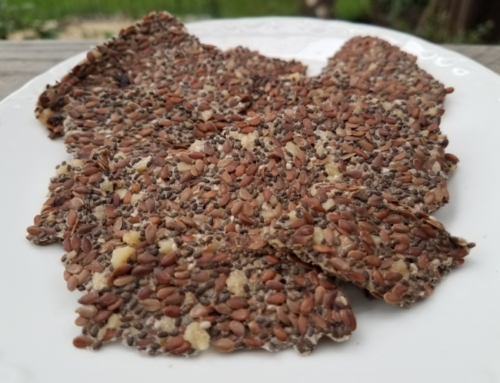Sunshine Coconut Pancakes; just the name makes me feel warm all over. One of my favorite foods is pancakes. Especially on a cold, rainy or snowy day. Having been allergic to wheat most of my life has made it hard to indulge in this favorite of mine. Which is why I’m so excited to share this recipe with you! Finally light, fluffy gluten free pancakes that are to die for. This is not only according to me but all my family who asks me to make these for them and friends too! This recipe also spins off our soaking, fermenting discussion from last week. How so?
The base ingredient of this recipe is coconut flour. Now if you’ve tried regular coconut flour pancakes they can be heavy, chalky and kind of gritty too. They still taste pretty good but I always thought something was missing. Then I learned about soaking and fermenting coconut flour before using it and wow has that transformed everything! Usually every Saturday I put a batch of coconut flour to soak and ferment so Sunday pancakes are an option and so I have it in my fridge to use as I wish for the week. But I’m getting ahead of myself here. Let’s back up for a minute and look at the virtues of coconut flour and why it’s even better when soaked and fermented.
Health Benefits of Coconut Flour
- High In Fiber: With 5 grams of fiber per tablespoon, coconut flour has far more of this indigestible carbohydrate than whole-grain flour, which has 0.8 gram per tablespoon, or white flour, which has just 0.2 gram per tablespoon. Much of this fiber is the insoluble type, which adds bulk to your stool, helps you feel full, deters constipation and enhances colon health.
- Rich in Trace Minerals: While most grain products (namely wheat, corn and soy) are mass-harvested on the depleted soils of industrial farms and subject to genetic modification, coconuts offer a refreshing source of naturally occurring trace minerals. Coconut palms are generally found thriving in the mineral-rich volcanic soils of the tropics and naturally fertilized with sea water, which contains a complete mixture of all of the trace minerals required in the human body. Unlike grains, coconuts are also free of phytic acid- a common plant toxin that works as an anti-nutrient. Coconut products are thus an efficient medium through which to absorb a wide spectrum of minerals, without interference from counterbalancing acids.
- Moderate Effect On Blood Sugar: Due to the high-fiber content, coconut flour doesn’t spike your blood sugar as quickly as grain-based flours. Refined flours are concentrated in simple carbohydrates which are rapidly metabolized and cause destructive blood sugar fluctuations in the body. Whether they are brought on by wheat or other grain products, such systemic reactions cause stress responses in the body, resulting in hormonal dysregulation, inflammation and weight gain among other harmful consequences. The opposite has been found in coconut flour where several studies have shown a glycemic lowering effect. Because coconut meat has a low simple carbohydrate content coupled with a high fiber, it yields a flour that is less disruptive to blood sugar levels.
- High Protein and Healthy Fats: Coconut flour also contains a significant amount of protein, especially when compared to wheat flour. Due to its protein, minerals, vitamins and healthy fats, raw coconut flour, oil and milk can offer a great source of nutrients.
- Gluten and Wheat-Free: Allergies and intolerances to all sorts of products are rampant in this day and age, necessitating strict protocols that can be hard and frustrating to follow and also result in concurrent nutrient deficiencies from the avoided food groups. Even worse, many of the alternatives available for people with specific allergies or intolerances are manufactured and unhealthy, making them just as destructive in their own right. Though it is believed that few people are allergic to coconut, and it is often recommended for those with wheat, nut, soy and milk allergies, be aware that for some it may still be an allergen.
There we have some nutritional benefits to coconut flour in it’s basic state. Now what happens when we soak and ferment it?
Why Soak And Ferment?
- It unleashes enzymatic activity within the flour, making all the components more digestible and bioavailable. With the addition of a culture (I use water kefir) it begins the digestive process as we talked about last week in effect “predigesting” it for you and therefore reducing total load on your digestive system. This is especially crucial for those with compromised digestion in the first place.
- Because coconut flour soaks everything up like an exceptionally dry sponge, it often requires quite a bit of liquid to be used with a recipe and sometimes can turn out goods with a chalky, gritty, dry texture. For this reason when using regular coconut flour, after you have mixed all your liquid and dry ingredients it is best to let it stand for 10 minutes or so. Soaking and fermenting turns it into a moist, fluffy substance and eliminates the standing step.
- Fermentation preserves it. Coconut flour in itself has anti-pathogenic qualities and when a culture is added it extends the life of it when hydrated. You can keep your soaked, fermented flour in the fridge for up to five days; ready to be used for all kinds of fast and easy goodness.
How To Soak And Ferment Coconut Flour
Basic Formula:
1 cup organic, raw coconut flour
warm, filtered water (enough to saturate your flour, usually 2-3 cups)
2 tablespoons water kefir
Put coconut flour in a medium sized glass bowl. Add the warm water in about 1/2 cup increments and keep mixing. You want the end result to be like fluffy mashed potatoes. Once you have incorporated enough water to create that texture then add the water kefir and mix well. Now cover your bowl with a clean tea towel and let it sit on your counter for 24 hours. You can stir it occasionally. After the 24 hour period put a lid on your bowl or transfer to a glass container with a lid and store in the fridge.
Sunshine Coconut Pancakes
(makes about 6 pancakes; double recipe for 12 pancakes)
3 pastured eggs
3 tablespoons melted butter (or coconut oil for dairy free)
3 tablespoons raw coconut, nut/seed or cow, goat milk
1 teaspoon sea salt
3 tablespoons soaked fermented coconut flour
3 tablespoons finely shredded carrot
Whisk eggs, melted butter (or whatever using), milk and sea salt together.
Continuing to whisk, add the coconut flour until mixed thoroughly. Fold in the shredded carrot.
Heat 1 tablespoon of butter or coconut oil in skillet on medium heat.
Spoon 2-3 tablespoons of batter onto skillet making the pancakes about 3 – 4 inches in diameter.
When that side is fairly firm, especially around the edges and bubbles start come up it is ready to flip to the other side. Let it sit on other side for a couple of minutes until the entire pancake is firm and golden. Remove to covered plate to keep warm while making the rest.
Variation: if you happen to have pumpkin you need to use up it’s great in this recipe! Use 3 tablespoons of cooked pureed pumpkin in place of carrots. Reduce eggs to 2. Yum!
Note: these can also make wonderful crepes; just use less batter in the pan and keep it thin. If you do prefer a bit thicker batter for your pancakes just add another ½ tablespoon of your soaked, fermented coconut flour.
Serve with lots of grass-fed butter and real maple syrup; with your sides of microgreens and/or sprouts and sauerkraut or fermented veggies. Voila! The perfect family weekend breakfast! Enjoy!
Live Vibrantly!
ps. Curious to know more about how to get the most nutrients from your food and make the best choices? Then I invite you to check out my book, “Live Vibrantly! 10 Steps to Maintain Youthfulness, Increase Energy and Restore Your Health”. Go here for more information and how to get your free bonuses.



